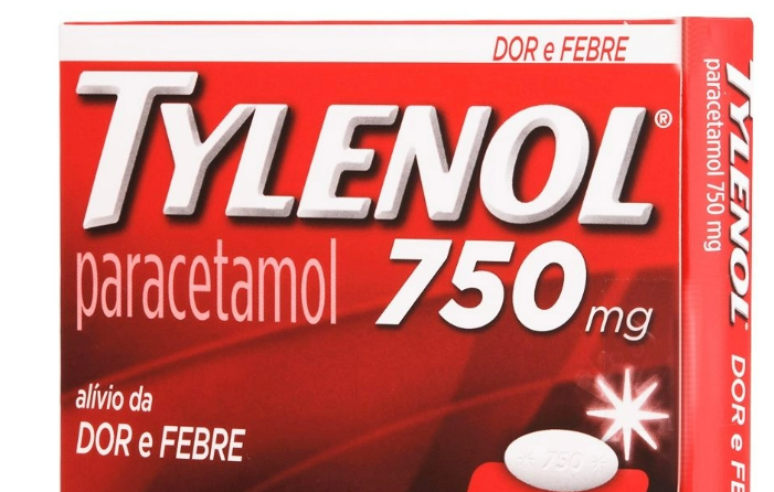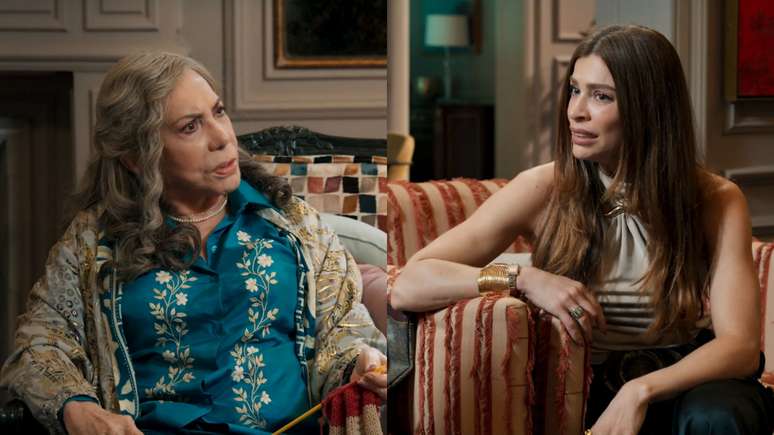The bariatric surgeon offers four treatment options to treat this serious disease.
It is possible to solve obesity, find out more about the types of treatment possible with Dr. Guilhermino Nogueira
What treatment options exist for this growing and serious disease?
Option A) Diet + Exercise
Without a doubt, the best option there is! Perhaps you will imagine that perhaps there is little point in telling you this, but my commitment is to the truth of the facts.
For those who can actually do it, it is the best option, yes, the big problem is that from a statistical point of view, less than 2% of people can actually lose and MAINTAIN the weight loss.
Over 98% of obese people can only do the famous and detestable accordion effect!
And this is very bad.
But why is the accordion effect harmful? Imagine the following scene:
- Lose 10 kg with a lot of effort
- Of these 10kg, probably around 3kg was muscle mass and 7kg was fat.
- At this moment you have 3 kg less muscle mass and, consequently, your metabolic rate decreases.
- Now you gain 10 kg again. Have you gained 3kg of muscle mass or 10kg of fat? Without a doubt: 10 kg of fat.
- So now it is much more difficult to lose weight again, you have less health (less lean mass) and the effort to maintain weight will be greater.
Of course the reasoning is simplified, but it is what really happens. Is the Accordion Effect a silent villain or have you ever noticed that it becomes harder and harder to lose that weight?
©peakSTOCK by Getty Images via Canva.com
Option B) Diet + Exercise + Medication
There are several of them and you have most likely already used one.
- Sibutramine
- Fluoxetine
- Orlistat
- Bupropion
- Victoza
- Saxenda
- Lorcaserin
- Doctor Caveirinha
Let’s assume that using medications works well for you. The maximum weight loss (dictated by the pharmaceutical industry itself) is 10% of weight, if combined with diet + exercise.
Does losing 10% of your weight really solve your life? I do not think so.
Furthermore, the drugs have major side effects and unwanted consequences when used long-term.
Anti-obesity drugs always remind me of a pharmacology professor I had at UFPE: “Remember: whenever medicine has 10 different therapeutic options for the same disease, it’s because none of them solve it. If 1 of them was really very good, the other 9 wouldn’t exist.” This applies perfectly to anti-obesity drugs.
Option C) Diet + Exercise + Intragastric Balloon
Yes, the balloon will actually make you lose weight. If associated with diets and physical activity up to a maximum of 15% of your weight.
The question still is: would it solve your obesity?
If I had 100 kg it would be equivalent to losing 15 kg and weighing 85 kg. I think that is not enough.
The big problem with the balloon is that when it is removed after 6 months, the lost weight regain rate is 89%. It’s too much.
The classic phrase of the patient who used the balloon and arrives here in the office: “Doctor, I spent a lot of money, I lost a little weight and I gained it all back”. Just Google it and you will find exactly the same complaints.
When you understand a little about the mechanisms of obesity (and you already do!) it’s easy to understand why the effectiveness is so low.
The balloon is nothing more than a “soccer ball” that they put in your stomach. Of course, it is difficult and uncomfortable to eat with that ball inside, so you lose weight. But does the balloon correct hormonal imbalance? Does it work by improving insulin and leptin sensitivity by reducing ghrelin? No. Its effect is purely mechanical, restrictive. And there are countless studies in the medical literature that demonstrate that any procedure aimed solely at reducing the size of the stomach does not work.
Option D) Diet + Exercise + Bariatric Surgery
Believe me, today, without a shadow of a doubt, Bariatric Surgery is the best tool that exists for the treatment of Obesity.
Here I talk about Obesity, overweight we can use the other previous tools.
I’ll tell you in all honesty: nothing in medicine today is comparable to bariatric weight loss and its ability to improve the lives of those who decide to follow this path.
BUT… (pause…)
Bariatric surgery is not a miracle. Done.
It is the best tool available, but like any tool it must be used well.
That’s why in all the previous options (including Bari) you saw Diet + Exercise.
It’s actually much more than that, it’s a profound lifestyle change!
“Is Bari for me?”
Let’s go! Who is the patient who should undergo Bari? This is what it says:
“Doctor, I have been living with obesity for a long time, I have tried so many things, I can’t take it anymore. I want to be healthier.
I want to eat quality food.
I want to do something different from what I have done to date.
I want a second chance.”
Perfect. Do. Operate. It will work really well.
In this way, exceptional results are achieved.
Who shouldn’t operate?
“Doctor, look, I understand everything, but I’ll be honest, I don’t go to the gym at all and what’s more at home when Friday comes it’s #Friday: we drink and eat.” Do not operate. Trust me. If you trade you will be another number in the statistics. Like this? It is an established fact that 15-20% of patients who undergo the Bari procedure gain all their weight back.
I repeat: it is not a miracle.
There is not (and will not be) a clinic where you can eat and drink whatever you want, do not need physical activity and stay slim and healthy. It is physiologically impossible.
So if you’ve made it this far, I think you really want to change your life.
Source: Dr. Guilhermino Nogueira – Bariatric surgeon | @drguilherminonogueira
Source: Terra
Ben Stock is a lifestyle journalist and author at Gossipify. He writes about topics such as health, wellness, travel, food and home decor. He provides practical advice and inspiration to improve well-being, keeps readers up to date with latest lifestyle news and trends, known for his engaging writing style, in-depth analysis and unique perspectives.









